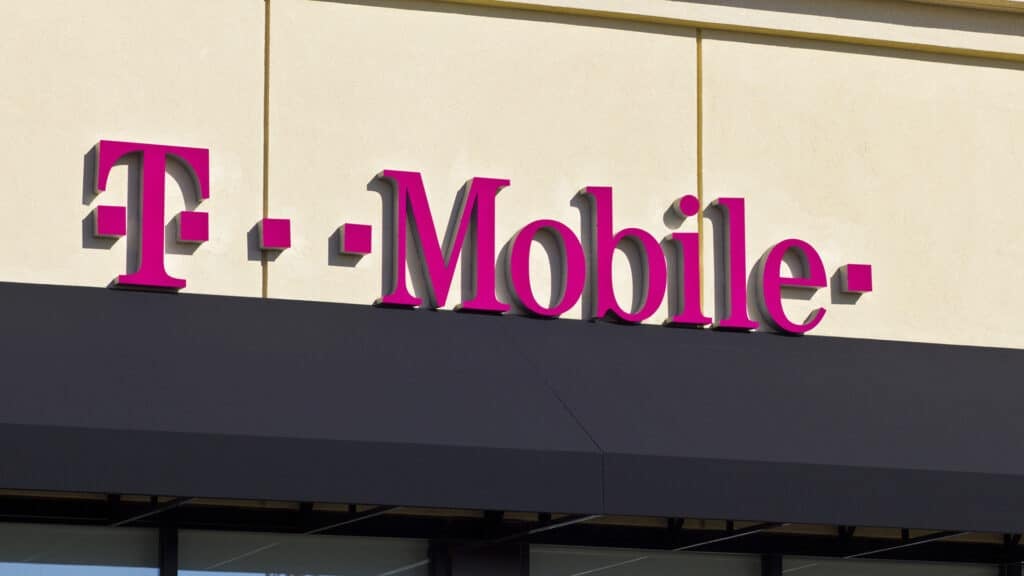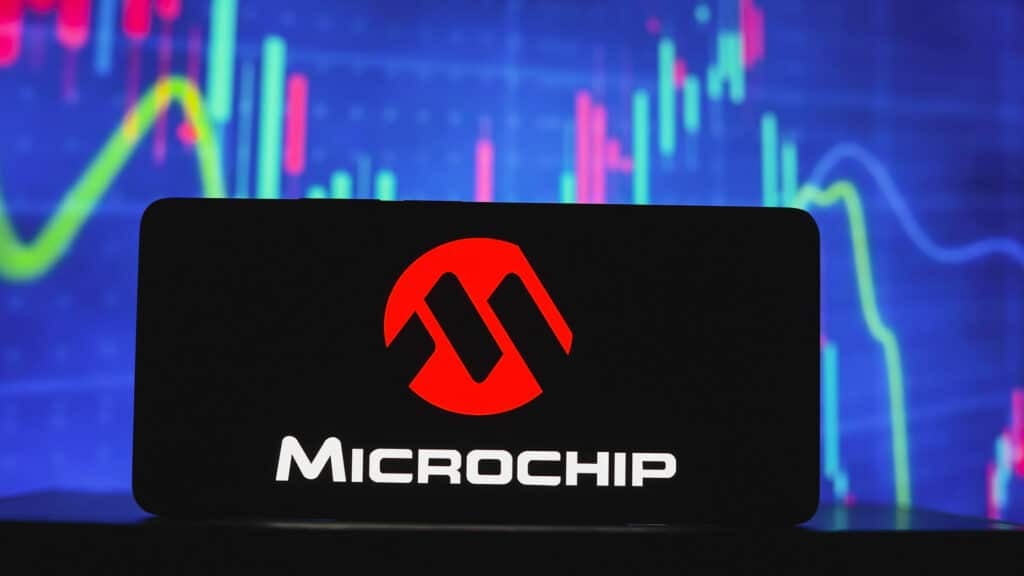The Six Five team discusses Dell Technologies.
If you are interested in watching the full episode you can check it out here.
Disclaimer: The Six Five Webcast is for information and entertainment purposes only. Over the course of this webcast, we may talk about companies that are publicly traded and we may even reference that fact and their equity share price, but please do not take anything that we say as a recommendation about what you should do with your investment dollars. We are not investment advisors and we do not ask that you treat us as such.
Transcript:
Patrick Moorhead: Let’s talk about Dell Tech. I mean these guys, I thought they were just going to completely lay an egg because the PC market. But they came out, they crushed profits by 43%, met on revenue, pretty light outlook, which hit them. The outlook was 16% lower than one before. Now let’s just stand back a second. 20% stock appreciation in one month. Bank of America just upped them to 55 bucks.
I think a lot of it has to do with infrastructure, less about PCs, more about infrastructure. Seventh consecutive quarter of growth, 30 ISG launches in 30 weeks. Sam grow Cotton company on the marketing side, our busy busy folks over there, backlog did reduce. And I think unlike some of the other companies that we’ve talked to like Cisco and HPE, there seems to be a little bit more of a burn off and less fill of the backlog than the other two vendors. PC market basically reflected the crappy PC market. Revenue is off 17%, profit point of view, though Dell was insulated because it hits the highest margin segments and prioritizes that, whether it’s the commercial market, gaming and workstations. So in all a really good quarter, I mean the supply chain folks who will never get mentioned here, I think deserve a tremendous amount of credit.
Daniel Newman: First of all, it was a lot of fun having Dell on The Six Five. The Six Five in the booths that we did with Dell. Got a fun. So thanks guys for doing that. This is a little bit past time now. It’s been a bit about a week, week and a half. This was a little bit before Thanksgiving. I got to tell you though Pat, I was blown away. You said something like, I thought it was going to be terrible.
Patrick Moorhead: Yeah, wipe out.
Daniel Newman: I really did. And what I stand by the fact that I didn’t think infrastructure would be bad. I just thought PC would be terrible. And if you actually look at how the company was able to manage its operating margin, this company just has a way of managing its supply chain, its operations and delivers profitability to its investors and shareholders. And you’ve got to love that because you know this is a company that in good time and in bad time, it’s going to figure it out. It continues to do that. It did it this quarter.
As I said Pat, you mentioned, and it was really important, they play in the right space in the PCs that despite the fact that the numbers are slowing and they’re probably never going to return to the volumes that we saw during the pandemic maybe ever. They play at that premium tier. And the margin difference between that and those that are pumping out volumes of Chromebooks, it’s a big difference. And that is reflected in the numbers that the company has. Company also has really done a good job with its infrastructure business. The infrastructure business continues to deliver. It’s delivering growth. It’s delivering profit. We talk about that slide where it’s like we’re number one. We’re number one at what Pat? Yeah, we’re number one at everything.
Patrick Moorhead: I know, by the way, I’m looking at that slide right now, I love that.
Daniel Newman: Yeah, I mean servers and storage and just you name it across the board, the company knows how to perform, execute, sell, and deliver to its shareholders. This was a good quarter for the company, but like I said, the PC business was down, therefore revenue was down, therefore they guided down. So it was kind of one of those where you’re like, look, all this is really, really good. But at the same time you can’t come out and say we’re going to guide up. And we can’t say the company grew in every area, but I think they’re in the right spaces. They’re playing in hybrid cloud, they’re playing in as a service, they’re playing in to this security space. And I think in the long run, this is a company you can feel really good about. We know it’s in the middle of this finalizing this spinoff of VMware.
It’s about to probably about to be done very, very soon. So it’s continued connectivity to the public cloud and how they’re going to handle that long term without VMware is something I continue to watch. But overall, I like the business path, I like the result. And you really can’t argue with a company that is dealing in a market that everybody thinks is garbage right now. I’m just saying in PCs. And they actually showed the ability to be very resilient, deliver profit, and always keep the shareholders in focus, which is kind of the MO of Michael Dell and Jeff Clark.
Author Information
Daniel is the CEO of The Futurum Group. Living his life at the intersection of people and technology, Daniel works with the world’s largest technology brands exploring Digital Transformation and how it is influencing the enterprise.
From the leading edge of AI to global technology policy, Daniel makes the connections between business, people and tech that are required for companies to benefit most from their technology investments. Daniel is a top 5 globally ranked industry analyst and his ideas are regularly cited or shared in television appearances by CNBC, Bloomberg, Wall Street Journal and hundreds of other sites around the world.
A 7x Best-Selling Author including his most recent book “Human/Machine.” Daniel is also a Forbes and MarketWatch (Dow Jones) contributor.
An MBA and Former Graduate Adjunct Faculty, Daniel is an Austin Texas transplant after 40 years in Chicago. His speaking takes him around the world each year as he shares his vision of the role technology will play in our future.




